Affiliate links on Android Authority may earn us a commission. Learn more.
The 8C's of the HTC10: Why the price is more logical than you might think
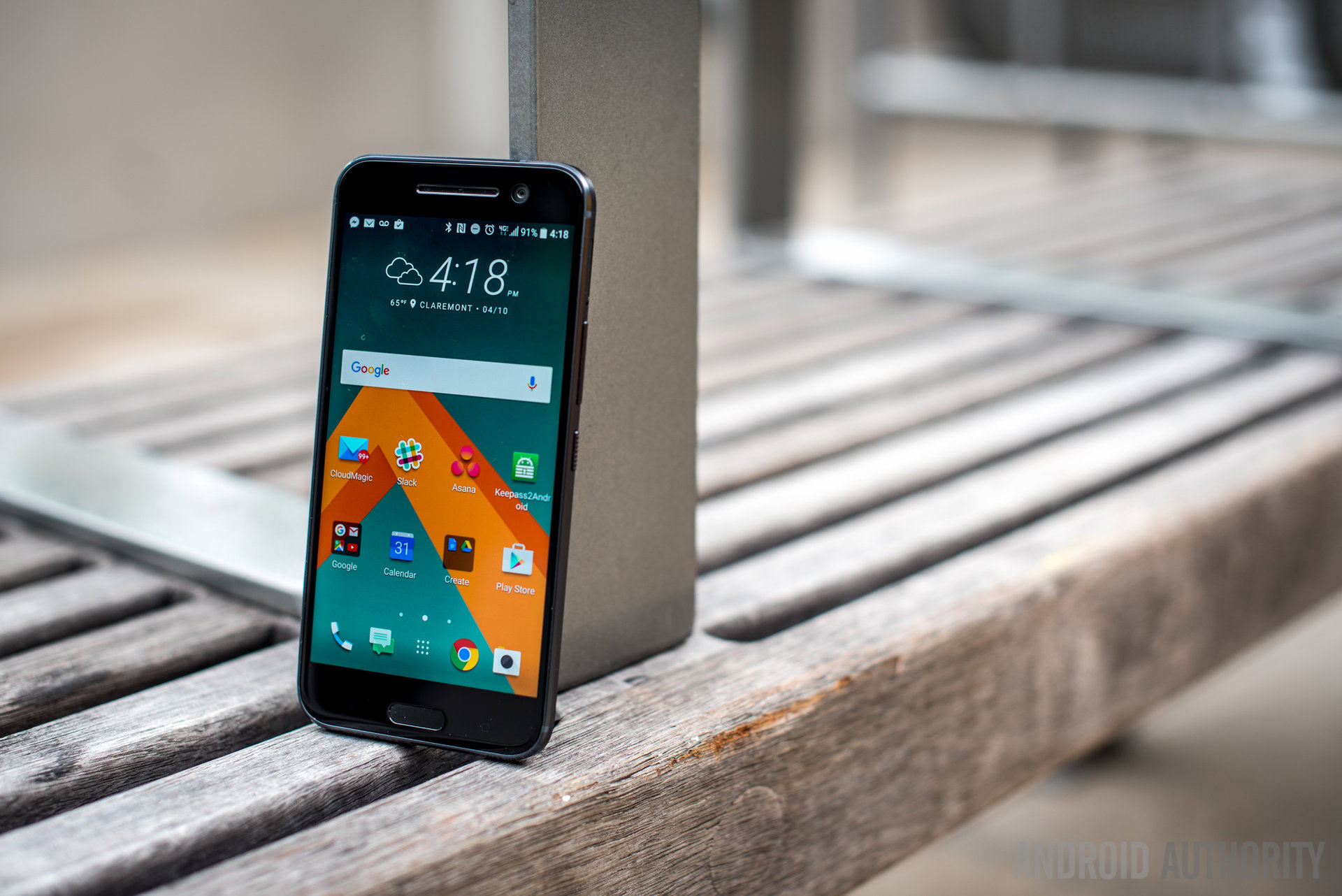
When HTCannounced its 10 on Tuesday, the leaks and hype that had been seeping through the cracks for months now became official. The device is very much an HTCflagship, and very much the product that fans arguably expected the company to deliver last year. One thing that was perhaps not expected however, was the high price tag the Taiwanese OEM slapped on it. Unlocked, the 1o costs $699 in the United States, pre-tax.
To be fair, HTC is running a promotion in the States that takes a cool $100 off the retail price when ordered directly from the company’s website. With that said however, people in other countries aren’t as fortunate, and even within the USA there is no telling when HTCwill drop the campaign, much like how its One A9 discount abruptly ended last year.
Then there is the fact that pricing for the device itself will vary from country-to-country. In certain ones, like many in Europe for example, the end result will inevitably be a much higher premium to pay, likely several hundred dollars at worst.
Any way you slice it, the 10 is an expensive proposition to ponder, and even more so to physically purchase. Comments from readers on Android Authority and around the internet are awash with criticism of the price. In light of this, we felt it prudent to try and see things from the other side, namely HTCs. In this piece, we will consider just why the 10 is so expensive, as well as give some thought as to why that might ultimately cause problems.
The Initial Verdict
Let’s formally begin with some data, namely our own. In a poll ran earlier this week we asked readers if they felt the HTC10 was overpriced. Here is the poll, followed by the results:
While the numbers are subject to change pending additional participation, at the time of publishing 4,889 users have responded. 56% have said, “Yes” it is too expensive, 26% “No” it’s not, 16% are “Indifferent” and the remaining 2% felt none of the above.
In HTC’s defense
While an overwhelming majority of readers believe that the 10 is overpriced, pointing the finger at HTCand saying “you’re wrong” isn’t necessarily right. Let us consider, for a moment, why the device is so expensive, and there are several points to address at that, which can be consolidated into “the 8C’s“:
The Company
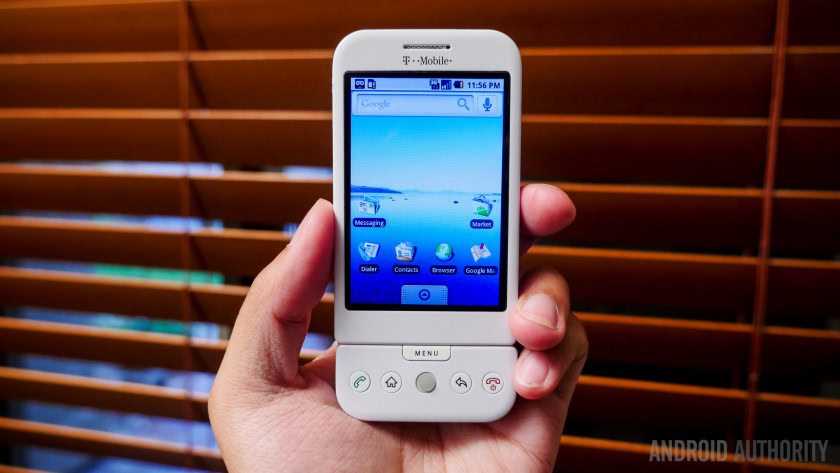
HTC has been around for a relatively long time as far as mobile manufacturers go. Even before it was making its own flagships, it was producing them for others. It has, over the years, consistently charged a premium price for its products, especially the flagship ones. The M8 cost $600 at launch, and last year’s M9 cost $650. While $700+ might seem exorbitant for the 10, its not exactly surprising. To put it differently, it’s not as if HTCwas known for pricing its halo products around $400 and suddenly it almost doubled.
The Condition
Anyone familiar with HTCby now is probably aware of the company’s dire financial plight. The problems and departures at the company are frequently publicized in the media, and in many ways the OEM has become the BlackBerry of Asia. To illustrate just how bad things are at the moment, take a look at the financial information from Q1 2016 it disclosed just this month:
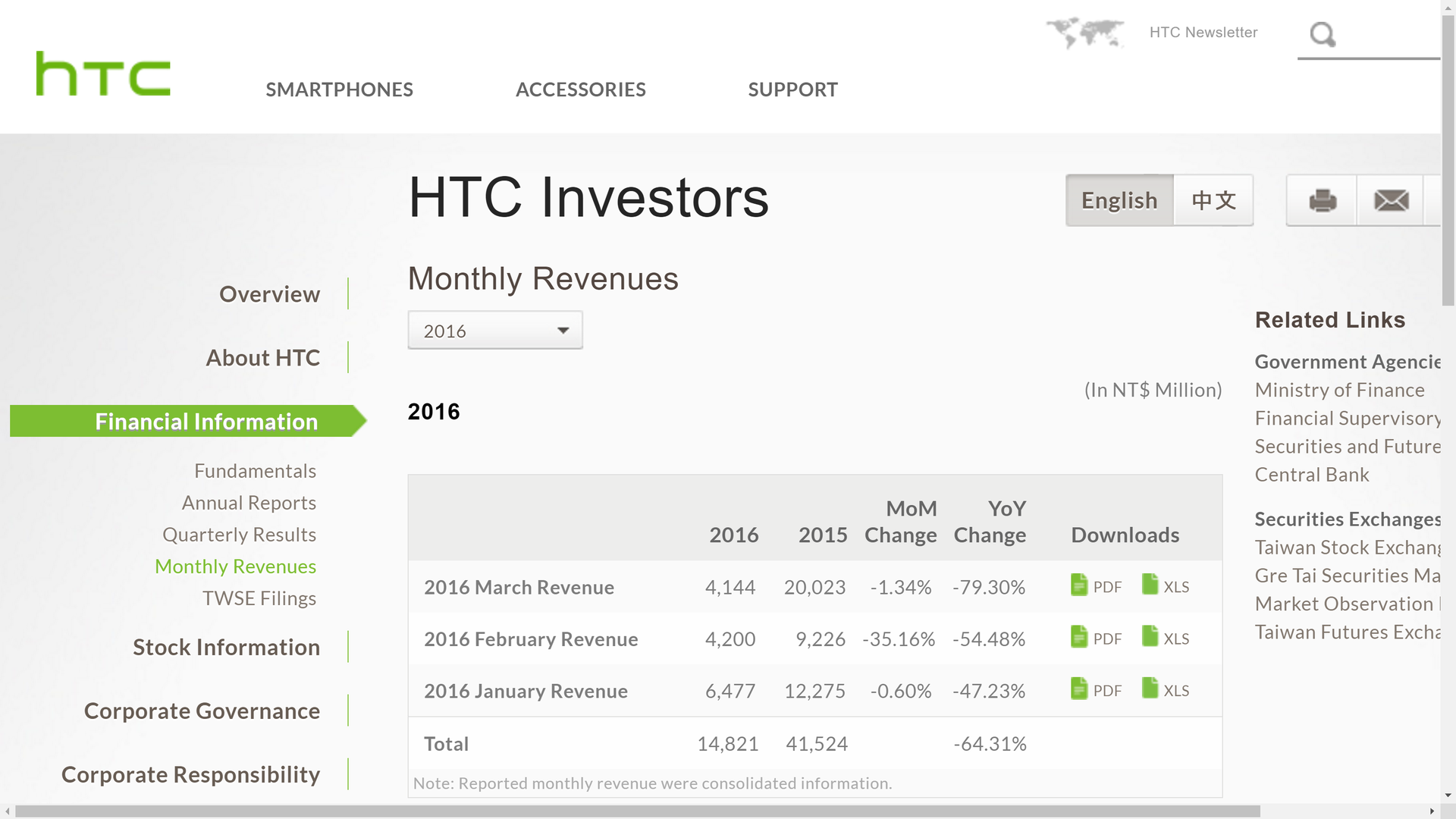
The take-away point from the above chart: Revenue in Q1 2016 was -64.31% of that from Q1 2015. Even worse, the data shows a trend of intensifying disparity between the months of January, February, and March when compared year-on-year. March in particular has seen a decrease in revenue of -79.30% this year when compared to March of last.
Suffice to say, HTCneeds to be making major masses of money if it wants to stay in business. Pricing its brand new, top-tier flagship at $500 or less simply isn’t going to solve the problem to the same extent it will pricing it at $700 and up.
The Carriers
Another aspect to consider is that carriers have frequently provided heavy subsidization for handsets in the past. How many times did you see an offer for Product X for $199 or Product Y for $299 when agreeing to a 2-year contract. News flash: these devices were never $199 and $299 respectively. Their full retail price has likely always been at least double if not triple that figure.
The difference is that now, in part due to competition from the carriers themselves, the 2-year subsidized pricing model has eroded and now it’s all about installment plans. This means that to a mass, mass majority of the mainstream, they are finally being clued into what the real price for these products are. The Galaxy S7 is not $299. The iPhone is not $249.
Anyone who has purchased unlocked/carrier-free devices in the past can tell you, they have never been cheap.
The Creation
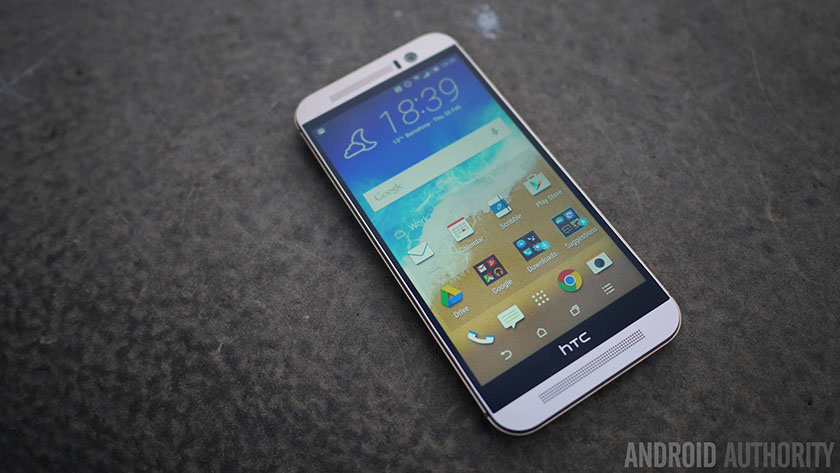
Moving on, we need to consider the creation of the HTC10 itself. Unlike last year, where the OEM basically rehashed the One M8’s shell and called it the One M9, this year there is a substantially different, distinctive design. In fact, it’s neither a larger One A9 nor is it a more premium One X9. It’s an entirely new looking phone, and with that came massive financial expenditures from HTC. The design, the manufacturing process, the component positions, the testing…everything costs money, and it’s not exactly cheap unless you can go from start to finish doing everything internally.
The Consideration
Ask yourself for a second, “What is a Non-Nexus flagship?”. Chances are the answer will list top-tier specs, a solid or premium build quality, and – possibly – a higher price tag. Now consider what would happen if a product had the first two points ticked off, but was priced at $400 or less, full retail. How would such an offering be approached by many of the mainstream customers?
Are there products that meet all three criteria in the market? Sure. Many of the devices come from Chinese OEMs. But these Chinese OEMs have made it their business model to sell at-cost or just slightly over, making their money from sheer sales volume. HTCisn’t going to be selling 50 million 10s, and thus it very much needs to ensure its brand image and value is considered in terms of what it’s offering.
The Competition
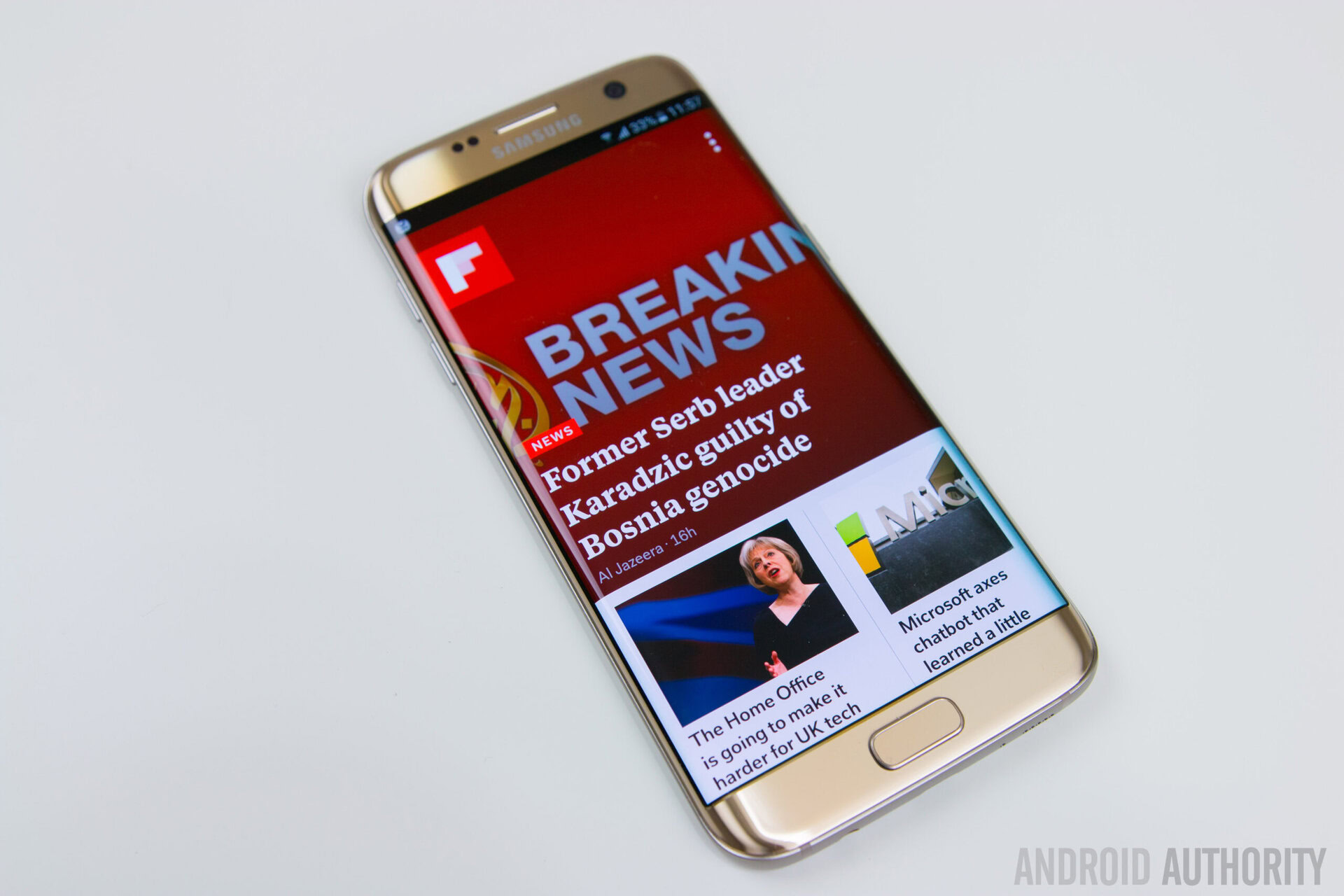
Samsung has released what some feel is the best phone on the market today. The Galaxy S7 and Galaxy S7 Edge are basically accepted as state-of-the-art premium products. HTC, if it offered the 10 at a significantly lower price, would basically be saying “the S7 is a better phone, that’s why it costs more.” No. It has priced the 10 at such a point to let people know that it’s every bit as competitive as Samsung’s offering, not to mention LG’s as well.
The Components
Look at the spec sheet for the HTC10. It has a Snapdragon 820, 4GB of RAM, a fantastic camera and audio system, is made of metal…going down the list there is nothing that stands out as being a concession. These components cost money in and of themselves, and then one must factor in the cost of making the shell for the device and the error ratio.
The Criticism
Much of the criticism of the price seems to be that it’s too expensive because (1) HTCis a failing company and should’t charge so much if it wants to sell the product, and (2) there are lots of rival Chinese devices out there that cost far less. For what it’s worth, a great many mainstream consumers, at least many of those in the USA, are not so trusting of companies like HUAWEI or Xiaomi simply because they are from China.
Likewise, they might not be so familiar with the OEMs. And yet another point: many of these OEMs don’t sell products that are readily available in a local carrier store; to buy them is to have some kind of knowledge they exist in the first place.
Devil’s advocate (considering the condemnation)
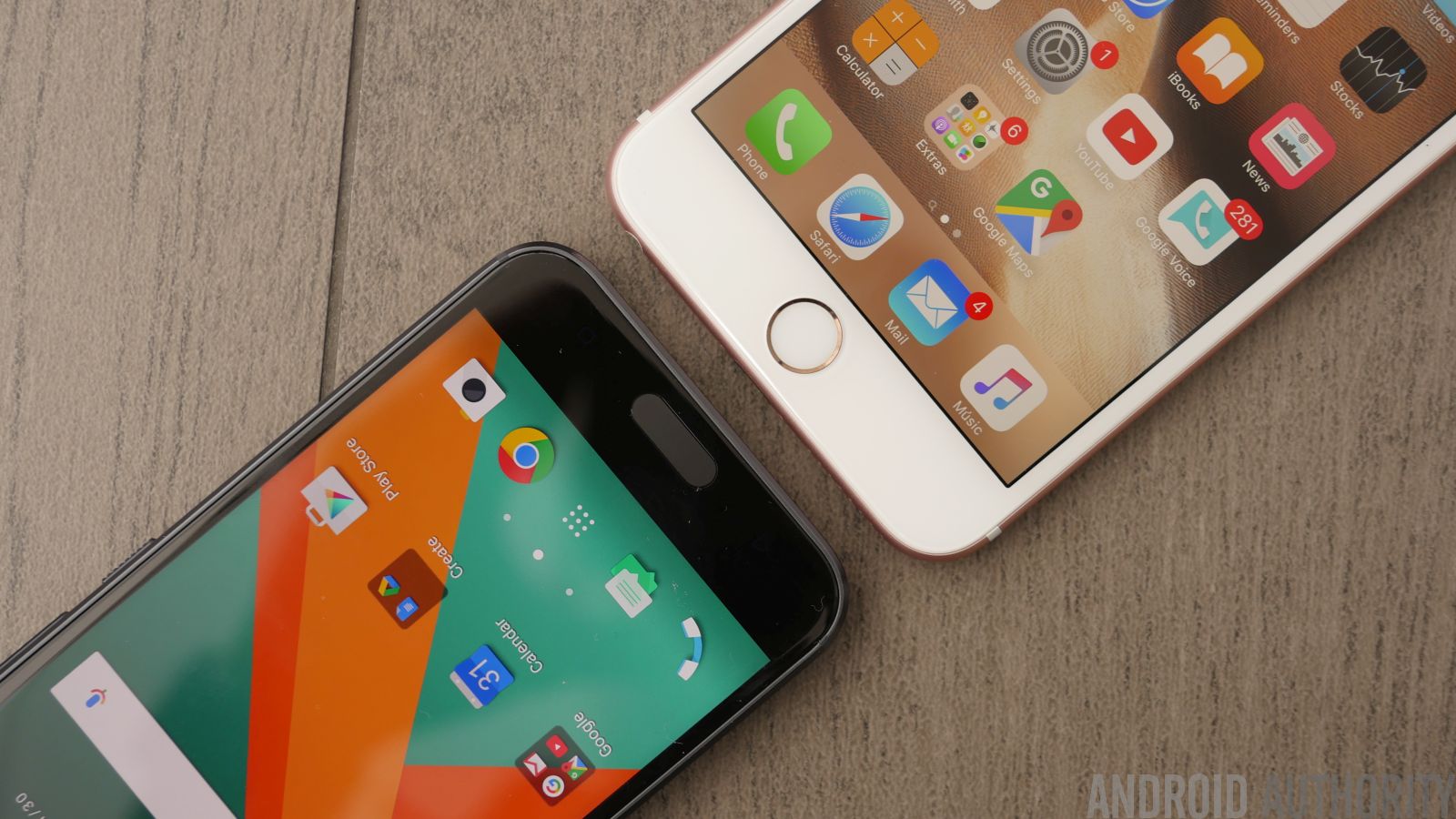
Let’s be fair here though: While we’ve just listed 8 reasons the HTC10 is “justified” to cost what it does, that doesn’t mean HTCis necessarily right for charging that kind of money. In fact:
- Numerous component breakdowns of leading OEM’s devices consistently indicate that the cost to manufacturer is often 2 or 3 times lower than the retail price. Sony has been deemed the biggest offender for reference. While the estimates don’t include overhead costs such as R&D, they do suggest that if these companies wanted to, they could feasibly lower their prices.
- HTC is in a dire situation and it really shouldn’t be trying to price-out its potential customers. While loyal supporters would likely pay whatever the OEM charged, the fan base is seemingly shrinking with each passing year and thus the key is getting new customers to buy-in, not just returning ones.
- The competition is fierce, and perhaps none more so than Samsung’s own Galaxy S7. With a Super AMOLED display offering better contrast and color to HTC’s Super LCD 5 and a glass front and back, the device looks quite different. Some, perhaps many, would feel the S7 is significantly better than the 10, and thus HTCis foolish to even think people would look at its hardware and pass up Samsung’s.
- HTC is releasing the 10 in May. This is almost three months after Samsung started selling the S7, and will be over an entire month after LG let loose its G5. People looking for a premium product – with a premium price – have likely already made their purchase and thus won’t even consider the HTC10 at all. This means that it’s the shoppers who wait – or who are on fixed contract cycles – who will be considering the option, and they might be more likely to be swayed by things like a lower price tag or “better” screen.
Critical Mass (Wrap-Up)
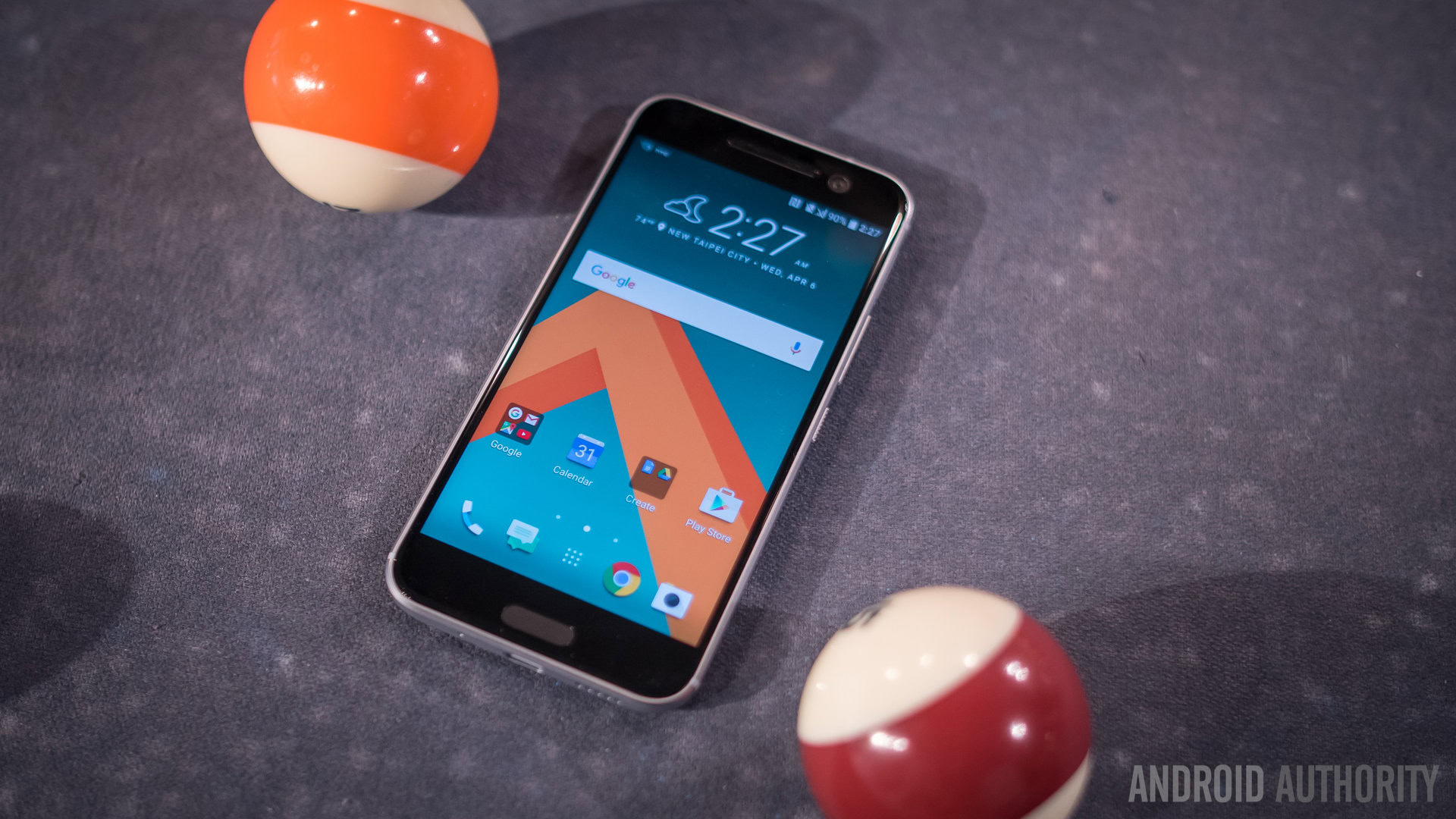
It is here that we close the piece and adopt a wait and see approach. HTChas set its price in smartphone stone, and now it’s just a matter of time until the market ultimately decides just how good a decision that was. While we have considered just why the price is so high, we have not – and will not – go as far as to say it’s inherently justified. When push comes to shove, a product’s success is less about what it can do so much as it is about who it does things for. Indeed Sony’s PS Vita is a perfect example of this conundrum: despite having infinitely superior hardware to the Nintendo 3DS, it has been deemed a commercial failure.
While we can not know the success – or failure – of HTC’s newest flagship, at the very least we can have a better appreciate for just why the company decided to price it at such a premium point.
What do you think? In light of the points raised in this piece – which are some, but not necessarily all of the puzzle – do you think the $700 price tag is justified? Leave your thoughts in the comments section below!